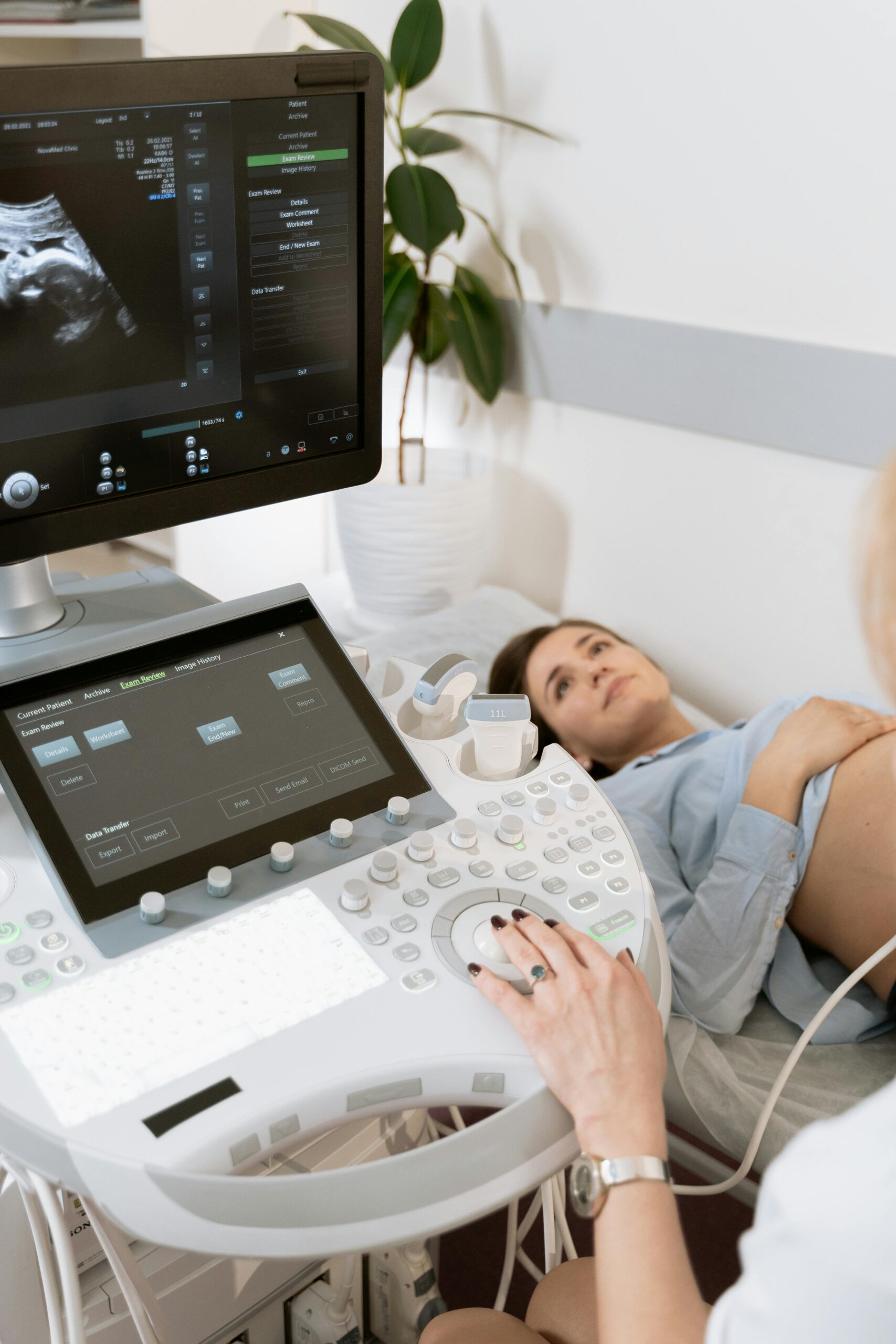Common Problem During Pregnancy
Pregnancy is a time of immense joy and anticipation, but it also comes with physical and emotional challenges as the body undergoes significant changes. During this time, a woman experiences many changes. For many women, pregnancy is accompanied by various discomforts and health issues. While some are minor, others may require medical attention. In this blog, I will cover some of the most common problems during pregnancy and practical ways to manage them. Such as
- Morning Sickness
- Fatigue
- Heartburn and Indigestion
- Constipation
- Swelling (Edema)
- Back Pain
- Frequent Urination
- Leg Cramps
- Mood Swings
- Shortness of Breath
1. Morning Sickness
Morning sickness, characterized by nausea and vomiting, is one of the earliest and most common symptoms of pregnancy. It often occurs in the first trimester but can persist longer for some women.
How to Manage:
- Eat small, frequent meals instead of three large ones.
- Avoid spicy, greasy, or strong-smelling foods.
- Keep crackers or dry toast by your bed to eat before getting up in the morning.
- Stay hydrated by sipping water throughout the day.
- Ginger tea or supplements can help reduce nausea.
If the nausea is severe (known as hyperemesis gravidarum), consult a doctor for treatment options such as anti-nausea medications.
2. Fatigue
Feeling excessively tired is common in the first and third trimesters due to hormonal changes and the body’s increased energy demands.
How to Manage:
- Rest when possible and take short naps if you’re feeling exhausted.
- Keep your body well-nourished with iron-rich foods (spinach, lentils, and lean meats) to prevent anemia, a common cause of fatigue during pregnancy.
- Engage in light exercise, such as walking or prenatal yoga, to boost energy levels.
3. Heartburn and Indigestion
As the pregnancy progresses, the growing uterus puts pressure on the stomach, which can cause acid reflux, leading to heartburn.
How to Manage:
- Eat smaller meals and avoid lying down immediately after eating.
- Avoid foods that trigger heartburn, such as citrus, tomatoes, and spicy dishes.
- Elevate your head while sleeping to prevent acid from moving up the esophagus.
- Over-the-counter antacids (approved by your doctor) can provide relief.
4. Constipation
Hormonal changes, particularly increased progesterone levels, slow down digestion, which can lead to constipation.
How to Manage:
- Increase your intake of fiber-rich foods, such as whole grains, fruits, and vegetables.
- Drink plenty of water to help soften stool.
- Stay active with pregnancy-safe exercises to encourage bowel movement.
- If necessary, consult your doctor about using stool softeners.
5. Swelling (Edema)
Many women experience swelling in the feet, ankles, and hands, especially in the later stages of pregnancy. This occurs due to fluid retention and increased pressure on blood vessels.
How to Manage:
- Elevate your legs whenever possible to reduce swelling.
- Avoid standing for long periods.
- Wear comfortable shoes and consider compression stockings.
- Stay hydrated, as drinking water can actually help reduce swelling.
If the swelling is sudden or severe, consult your healthcare provider, as it could be a sign of preeclampsia, a pregnancy complication.
6. Back Pain
Back pain is common due to the extra weight of the baby and the shifting of the body’s center of gravity, causing strain on the back muscles.
How to Manage:
- Practice good posture by standing tall and keeping your shoulders back.
- Wear supportive shoes and avoid high heels.
- Use a pregnancy support belt to relieve pressure on your lower back.
- Sleep on your side with a pillow between your legs to maintain proper spinal alignment.
- Gentle stretching exercises, prenatal yoga, and massages can help alleviate pain.
7. Frequent Urination
As the baby grows, it puts pressure on the bladder, leading to frequent urination, which is especially noticeable in the first and third trimesters.
How to Manage:
- Avoid drinking large amounts of fluid before bedtime to reduce nighttime trips to the bathroom.
- Empty your bladder completely by leaning forward when you urinate.
- Stay hydrated, but space your water intake throughout the day.
Frequent urination is usually harmless, but if you experience pain or burning while urinating, consult your doctor to rule out a urinary tract infection (UTI).
8. Leg Cramps
Leg cramps, particularly at night, are a common pregnancy issue, especially during the second and third trimesters. These cramps are often caused by dehydration, changes in circulation, or a lack of certain nutrients.
How to Manage:
- Stretch your legs before bedtime to prevent cramps.
- Stay hydrated throughout the day.
- Eat potassium-rich foods like bananas and oranges, which may help reduce cramps.
- Elevate your legs while resting, and if a cramp occurs, gently stretch or massage the affected muscle.
9. Mood Swings
The surge of hormones during pregnancy, along with the physical and emotional demands, can lead to mood swings, anxiety, and even depression.
How to Manage:
- Ensure you’re getting plenty of rest and take time for relaxation.
- Talk openly with your partner, friends, or a therapist about your feelings.
- Join a prenatal support group to connect with other expectant mothers.
- Engage in light exercise to boost your mood and reduce stress.
- Practice mindfulness techniques, such as meditation or deep breathing, to stay calm.
If feelings of sadness or anxiety become overwhelming, it’s important to seek help from a healthcare professional.
10. Shortness of Breath
As the uterus expands, it can press on the diaphragm, making it harder to take deep breaths, especially in the later stages of pregnancy.
How to Manage:
- Practice good posture by sitting and standing upright to give your lungs more room to expand.
- Sleep with extra pillows to elevate your upper body slightly.
- Take slow, deep breaths when you feel breathless.
- Avoid overexertion and take breaks during physical activity.
While shortness of breath is common, if it becomes severe or is accompanied by chest pain, seek medical attention.
Dear ladies, don’t stress. Pregnancy is a unique journey filled with excitement and challenges. While these common problems can cause discomfort, they can be managed with the right strategies and lifestyle adjustments. Always consult with your healthcare provider if you experience severe symptoms or have concerns about your health. By staying informed and proactive, you can navigate pregnancy more smoothly and truly enjoy this special time in your life. Take care of yourself and embrace this beautiful period.
Welcome to A Mug Of Coffee
I am a mom with a young child, and I love coffee. Being a new mom was really hard, and I went through a lot. That’s why I created a special coffee to help other pregnant women, those trying to get pregnant, and new moms who are struggling. I love coffee so much that I’ve done a lot of research on it and can talk about it for hours. Whether you’re a mom or just love coffee, I think you’ll find something you like. Enjoy!







